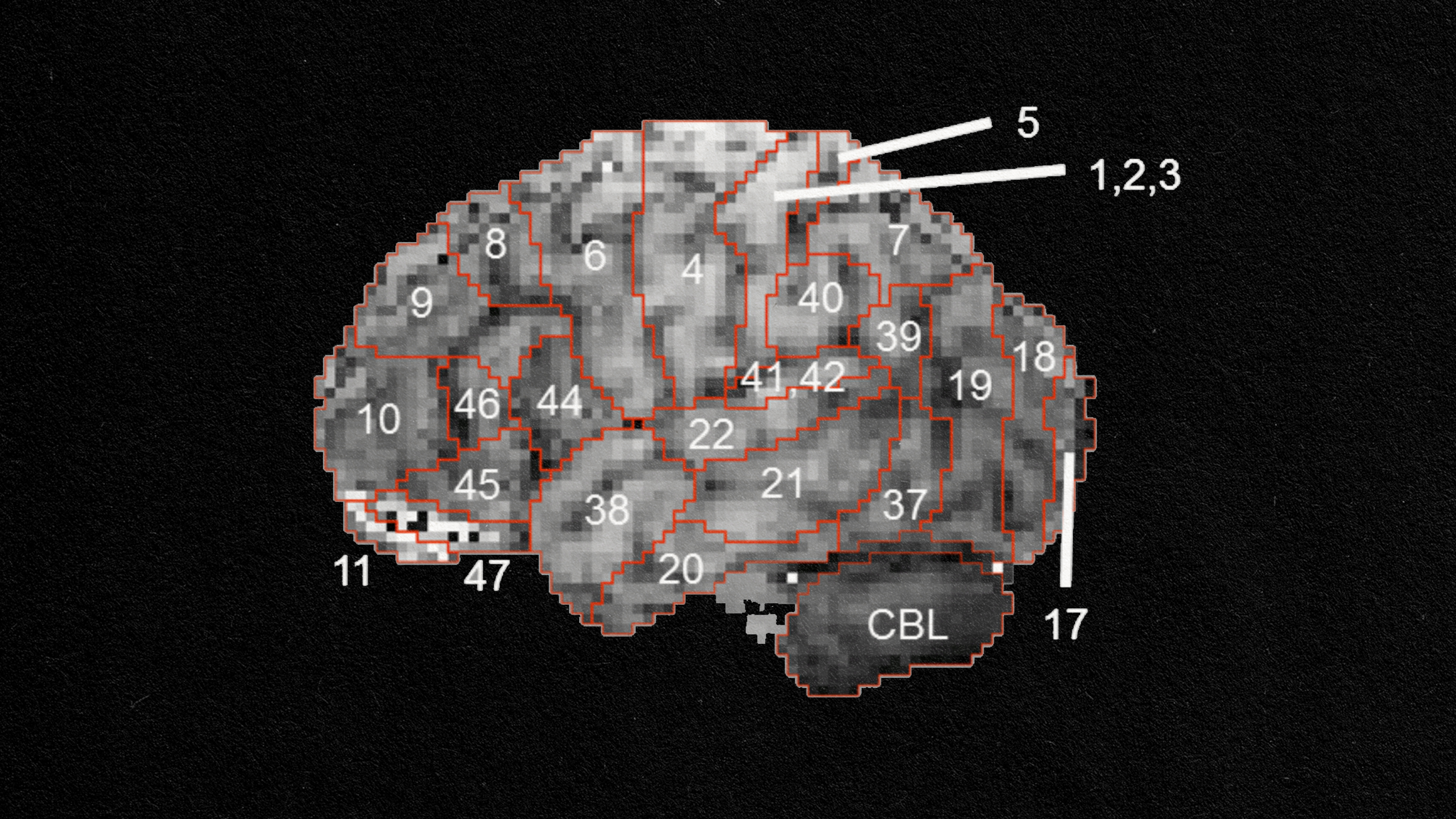Why the illusory truth effect works

- Two recent studies looked at the illusory truth effect.
- The effect describes our propensity to start believing untrue statements if they are repeated.
- The phenomenon is a universal bias linked to cognitive fluency but can be counterbalanced.
In an age already beset by rampant misinformation and personality-driven realities imposed upon large segments of the global population, come new studies that show why finding the truth can be so hard. Both are concerned with the so-called illusory truth effect, which has been well-exploited by politicians of all stripes as well as advertisers.
The illusory truth effect is a well-studied and replicated psychological phenomenon that describes the fact that if a falsehood is repeated often enough, people will start to believe it. This has to do with familiarity – it’s easier to process information you’ve comes across previously. This fact of how we are wired can create a feeling of fluency, explains Matthew Warren in the BPS Research Digest. Unfortunately, we may come to treat the recognition of a piece of content as a message that it’s true.
Two recent studies delved further into this effect, first described in 1977, and came up with some sobering takeaways but also possible ways to use this bias to our advantage. Maybe you think your particular intelligence makes you immune to this play of the mind, but experiments carried out by Jonas De keersmaecker at Ghent University and an international team of psychologists showed that variations in cognition had no bearing on how strongly the illusory truth effect hit.
The researchers looked at how it worked across differences in cognitive ability or intelligence, the need for cognitive closure, or cognitive styles in six experiments with the number of subjects ranging from 199 to 336. The participants were made to read a mix of true and false trivia statements. Another study utilized fake and real headlines from politics.
What the psychologists found is that in all the studies, the illusory truth effect prevailed. The more participants saw false statements, the more likely they were to rate them as true or real. Any differences in how people thought did not impact the strength of the effect, highlighting that most of us are likely to start believing oft-repeated information.
In their conclusion, the researchers pointed to the effect not necessarily being as bad as it sounds. Rather, it is perhaps a useful universal bias, like a shortcut to pick out the truth that often works.
Another study, published in Cognition, looked at how we can try to stand up to this pervasive feature of our cognition. A team led by Nadia Brashier at Harvard University found that fact-checking bad claims using our own knowledge can help inoculate us from believing them later.
Their two-part study first involved asking 103 subjects on the veracity of 60 facts. Some of these were true like “The Italian city known for its canals is Venice”, and some were false like “The planet closest to the sun is Venus”. One group of participants had to rate whether the statements were true while the other rated on truthfulness. For the second part of the study, the researchers added another 60 statements of mixed truth to the 60 the subjects already saw.
The scientists found that the group which focused on how interesting the sentences were was more prone to the illusory truth effect than the one that focused on their accuracy. What’s also important, discovered the researchers, is that education needs to be combined with a focus on accuracy, writing “Education only offers part of the solution to the misinformation crisis; we must also prompt people to carefully compare incoming claims to what they already know.”
Preserving truth: How to confront and correct fake news





